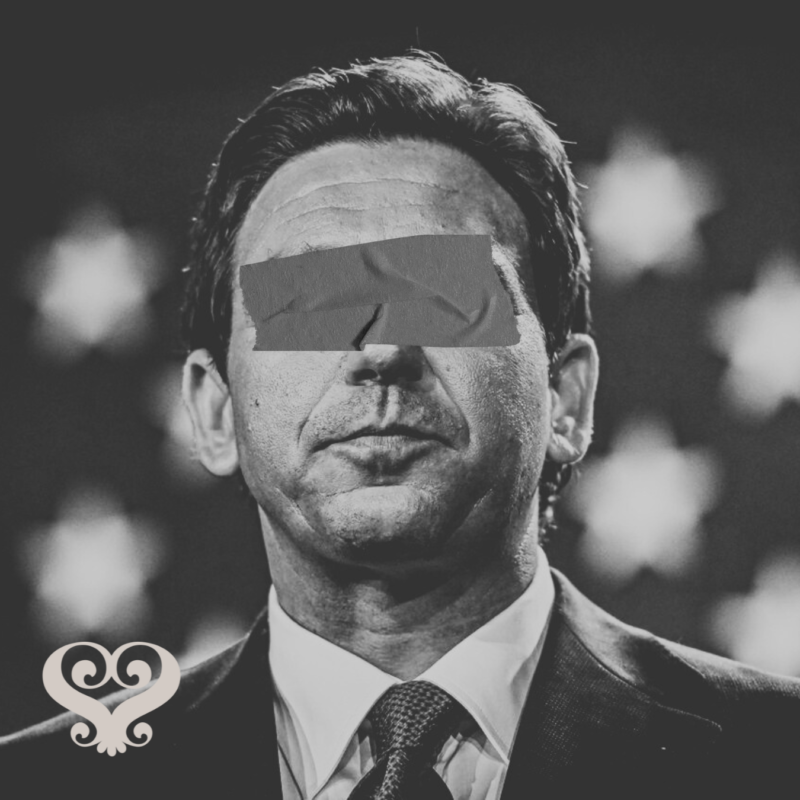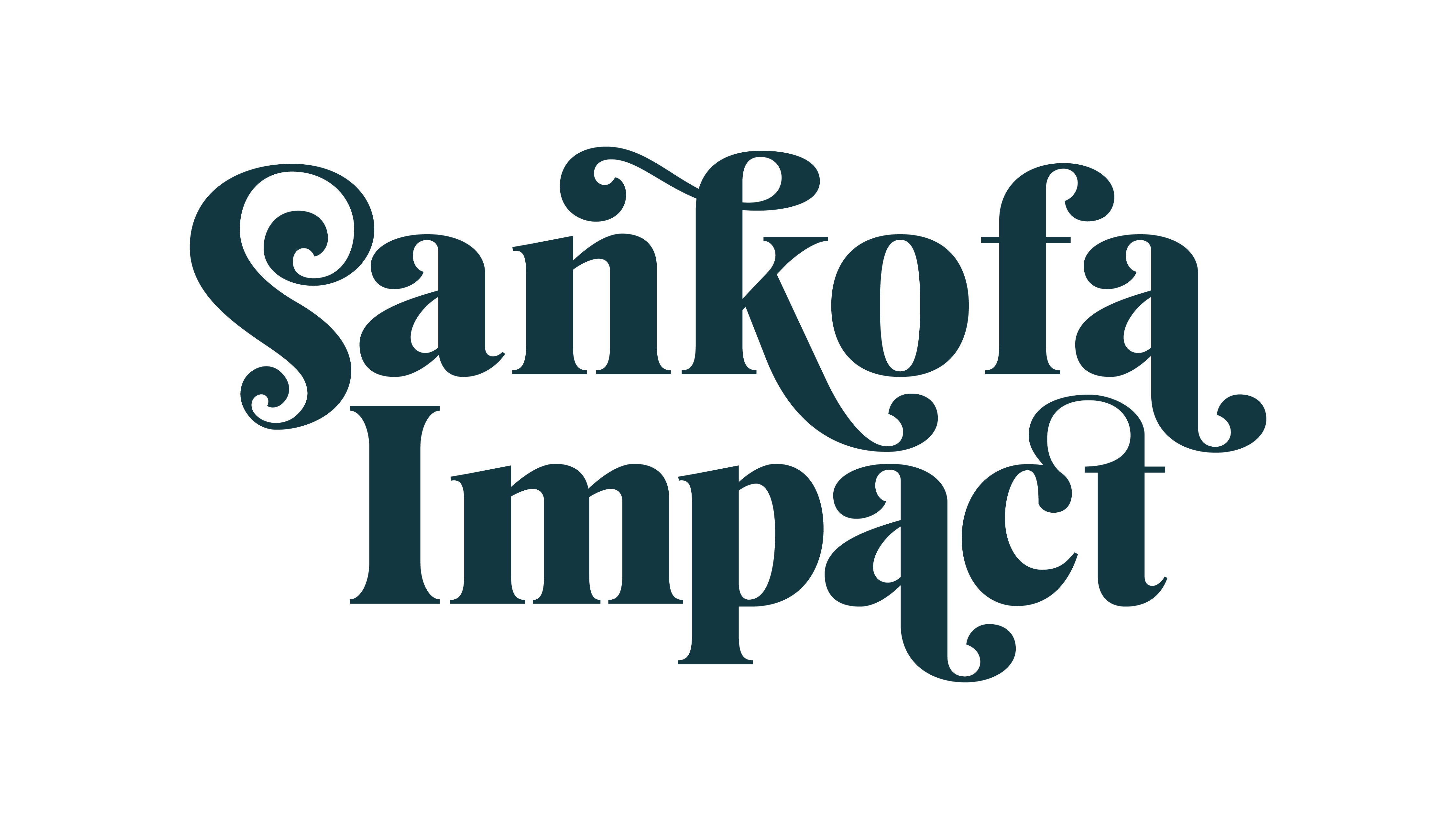
Lately, it has all been…a lot. After Donald J. Pumpkins, a racial reckoning, and the COVID-19 pandemic, I made an intentional choice to preserve some of my mental health and step back from what had become a 24-hour news cycle addiction. One of the benefits of taking a break is gaining perspective and as is so often the case for me, the true significance of sankofa began to reveal itself.
History means everything and helps us make sense of our present-day realities.
Over the past couple years and especially in recent months, white right wing forces have deployed strategic, racialized rhetoric meant to confuse and ultimately harm those with opposing ideologies. Often through social media. Warped vitriol masked as talking points; the dangers of Critical Race Theory; the war on woke; banning books. With students returning to school, including my own 16 year-old son, these attacks on education for students and all people are insulting and create deeper tears in the fabric of our society.
Critical Race Theory (CRT) is a framework for legal analysis formulated in the late 1970s by legal scholars Kimberlé Crenshaw, Derrick Bell, Richard Delgado, and others. The core idea behind CRT is that race—like money and nationality—is a social construct and embedded in our legal systems and culture. Examples of racist legal systems include but are not limited to extrajudicial racial terror lynchings during Jim Crow or the disproportionate incarceration of Black and Brown people during the so-called “War on Drugs” in the 1980s.
Today, racist political leaders have chosen to seize political power by blindly spreading anti-CRT drivel and often depicting complicated legal theory as being taught primarily to primary children. This is a deliberate lie, often propagated by those who are afraid of losing the very political power that CRT aims to interrogate. Like voting, if Critical Race Theory didn’t matter, they wouldn’t be trying so hard to take it away.
Always be mindful when someone gets defensive because it usually means they’re hiding something.
A few months back, I read the words of conservative Governor Ron DeSantis claiming that his state of Florida was the place where “woke goes to die.” Whether you credit the origin to Lead Belly or Erykah Badu, “woke” is generally understood as being aware that oppressive practices like anti-Black racism, transphobia, or ableism are social ills not to sleep through. When we are woke—when our eyes and minds are present to oppression—we can do something about it.
Perhaps this means that Governor DeSantis and others are fighting for the opposite of oppression, domination. US History is littered with white men that look like me doing everything in their power to uphold white supremacy. Lest we forget that those on the political left have caused much harm in the pursuit of white liberal values. There is a profound fear of white people being woke to anti-Black racism, cis people accepting trans people in their full humanity, and able-bodied people fighting for disability justice. Friend, stay woke.
In 212 BCE, Chinese emperor Shih Huang Ti burned all books in his kingdom to control the narrative of history. The abolitionist novel Uncle Tom’s Cabin by Harriet Beecher Stowe was banned in the United States in 1852. Then in 1933, a series of massive bonfires in Nazi Germany burned thousands of books written by Jewish authors.
Today, requests to ban books at US public schools and libraries have surged to generational highs. The bans are directed at work with LGBTIQA+ or racial themes; Maia Kobabe’s Gender Queer; Jonathan Evison’s Lawn Boy; Angie Thomas’ The Hate U Give; a book-length edition of The 1619 Project.
My parents did as well as they could to try and teach me anti-racist values in New Hampshire. My late father played James Brown in the house when I was young and after, my Ma brought me to see Do the Right Thing. They could not have courageous conversations with me because their parents had no context to model that dialogue.
There may be no better anti-racist work that I have done and will ever do than having conversations with my son about race and our whiteness. These are uncomfortable and courageous conversations that make me proud. We hear people in social and racial justice circles talk a lot about “the work.” For me, the work is teaching my white son about systems of oppression through a book report on The Hate U Give. For me, this is the work.
Worthwhile work is always time well spent.
Jacksonville, Florida is an area steeped in generations of plantation slavery, racial terrorism, and oppressive racist policies. On August 27, 1960, over 200 white rioters armed with baseball bats and ax handles chased, beat, and threatened Black residents in Jacksonville. This was in response to peaceful lunch counter demonstrations organized by the Jacksonville Youth Council of the National Association for the Advancement of Colored People (NAACP).
63 years later, almost to the day, Jacksonville once again saw racist violence when three Black people were murdered at a Dollar General grocery store after a white gunman targeted a historically Black neighborhood with weapons emblazoned with swastikas. This could have been avoided. All of the hateful rhetoric in this country has consequences.
What happened in Jacksonville was not an accident. Generations of anti-Black racism has led many white people to sleepwalk through the demonization of racial theories and conscious awakenings that might have helped to put a book like Beloved by Toni Morrison in the hands of what would eventually become a cold-blooded murderer. Maybe a dialogue with this young man at a critical juncture could have sowed a seed of doubt about white supremacy and prevented his racist violence. I don’t know.
I do not have the answers. I know that we all need to be mindful of sankofa. I know that our shared history of racism and resistance matters when we interpret the news. I know that there are people throughout our history that have fought for what is right. I know that my son is taking U.S. History this year and I will encourage him to hold the teacher accountable. I know we are in this together. I know that books are better than social media. I know there is a lot at stake.
I know we must win.
